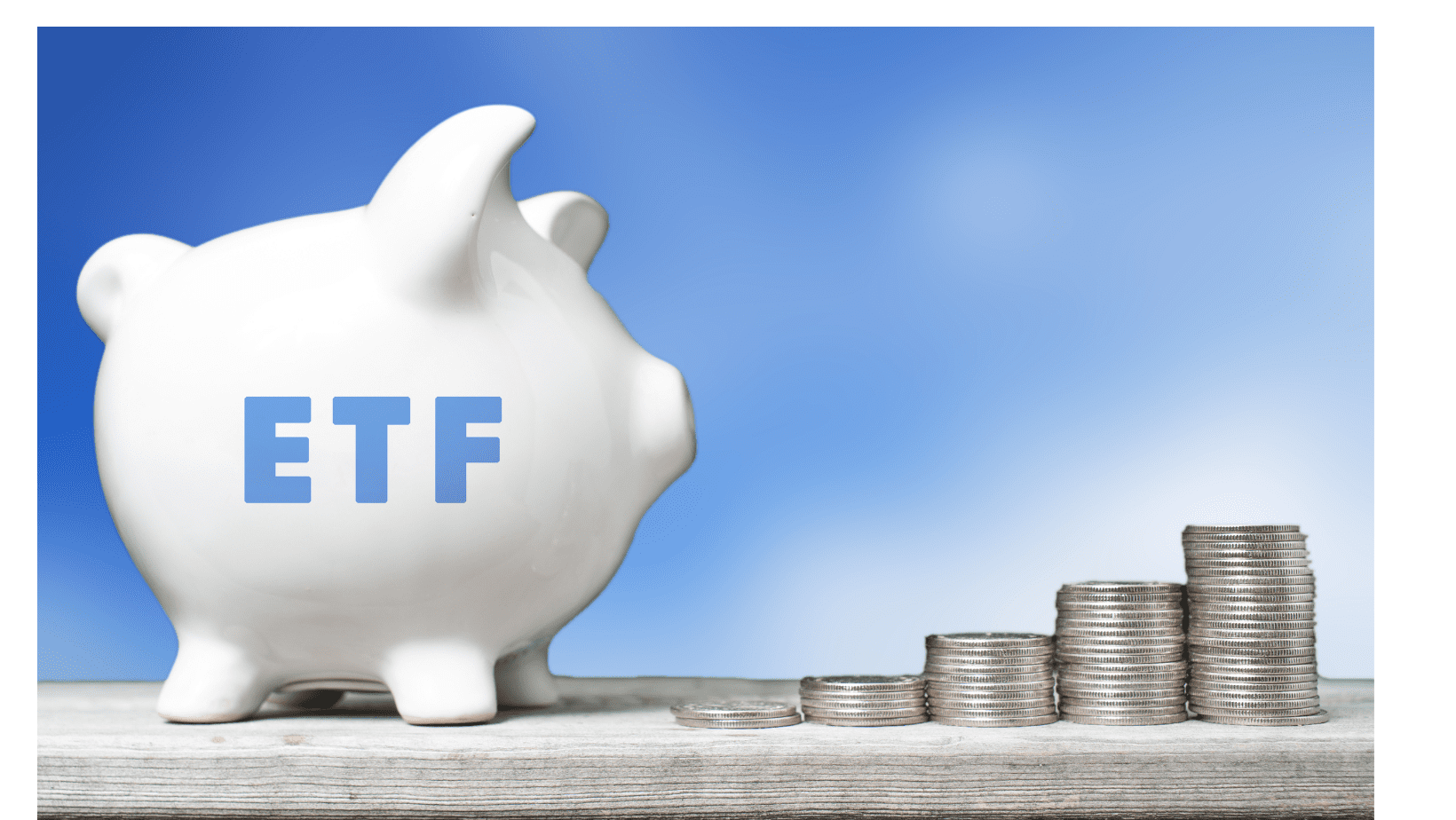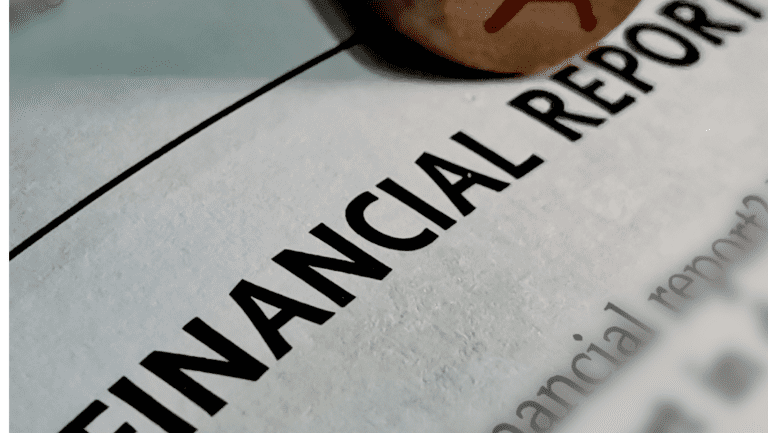An exchange-traded fund (ETF) is a type of investment fund that is traded on stock exchanges, much like stocks. ETFs hold a variety of assets such as stocks, bonds, commodities, and currencies. They provide investors with an easy and convenient way to gain exposure to a diversified portfolio of assets without having to buy them all individually. ETFs are becoming increasingly popular in South a market capitalisation of R124 billion as of 2023 , as well as around the world, due to their low costs, ease of trading, and the ability to gain exposure to a wide range of assets.
When looking for the best ETFs in South Africa, there are a few key factors to consider.
- Asset Class: The first thing to consider is the asset class that the ETF is invested in. Different ETFs invest in different types of assets, such as stocks, bonds, commodities, and currencies. Each asset class has its own set of risks and returns, so it’s important to understand the characteristics of each asset class and how they fit into your overall investment strategy.
- Expense Ratio: The expense ratio is the annual fee that an ETF charges its shareholders. Lower expense ratios are generally better, as they mean more of your money is being invested in the assets of the fund, rather than being eaten away by fees.
- Tracking Error: Tracking error is a measure of how closely the performance of an ETF tracks the performance of its underlying benchmark. A lower tracking error is generally better, as it means that the ETF is more likely to perform in line with its benchmark.
- Liquidity: Finally, it’s important to consider the liquidity of the ETF. ETFs with high trading volumes and tight bid-ask spreads are generally considered to be more liquid, which can make it easier to buy and sell shares of the fund.
- Tax Efficiency: ETFs are generally more tax efficient than other investment vehicles, such as mutual funds, because they generally do not generate capital gains when shares are traded among investors. Instead, gains are passed through to investors, who are then responsible for paying taxes on them. This means that ETFs can be a good choice for investors who are looking to minimize their tax liability.
Once you’ve considered these factors, you can begin to research specific ETFs that fit your investment goals and risk tolerance.
Here are the best known ETFs that are available in South Africa:
1. Satrix 40 ETF
This ETF tracks the FTSE/JSE Top 40 Index, which is a market capitalization-weighted index that comprises the 40 largest companies listed on the Johannesburg Stock Exchange (JSE).
2. Sygnia Itrix MSCI World ETF
This ETF tracks the performance of the MSCI World Index, which is a market capitalization-weighted index that comprises companies from 23 developed countries around the world.
3. Satrix INDI 25 ETF
This ETF tracks the FTSE/JSE Africa Index Series, which is a market capitalization-weighted index that comprises the 25 largest companies listed on the JSE that are not included in the FTSE/JSE Top 40 Index.
4. NewFunds S&P GIVI ETF
This ETF tracks the performance of the S&P GIVI South Africa Index, which is a composite index that measures the performance of South African companies listed on the JSE that are included in the S&P Global Broad Market Index.
5. Absa NewGold ETF
This ETF provides exposure to the gold market by holding physical gold in a secure vault. This can be an attractive option for investors looking to hedge against inflation and geopolitical risks.
6. Satrix MSCI World ESG ETF
This ETF tracks the performance of the MSCI World ESG (Environmental, Social, and Governance) Index, which comprises companies from around the world that meet certain ESG criteria. This ETF can be a good choice for investors who want to invest in companies that are making a positive impact on the world.
7. NewFunds SWIX ETF
This ETF tracks the performance of the FTSE/JSE SWIX All Share Index, which is a market capitalization-weighted index that comprises companies listed on the JSE. It represents the broadest measure of the performance of the South African equity market.
8. Absa NewPlat ETF
This ETF provides exposure to the platinum market by holding physical platinum in a secure vault. This can be an attractive option for investors looking to gain exposure to the Platinum market, which South Africa is one of the largest producer.
9. Ashburton Africa Equity ETF
This ETF tracks the performance of the S&P Pan Africa High Dividend Low Volatility Index, which is a subset of the S&P Pan Africa Index that includes companies from around the African continent that have a history of paying high dividends and have low volatility.
10. Satrix Rafi 40 ETF
This ETF tracks the FTSE/JSE RAFI 40 Index, which is a fundamentally weighted index that comprises the 40 largest companies listed on the JSE. This index is weighted according to a company’s sales, dividends, and cash flow, rather than its market capitalization.
Conclusion
It’s important to remember that ETFs can be a powerful tool for building a diversified investment portfolio, but they are not suitable for all investors. Before investing in any ETF, it’s important to understand the underlying assets, as well as the risks and returns associated with the fund. Also, It’s recommended to consult a financial advisor or professional before making any investment decisions.


































